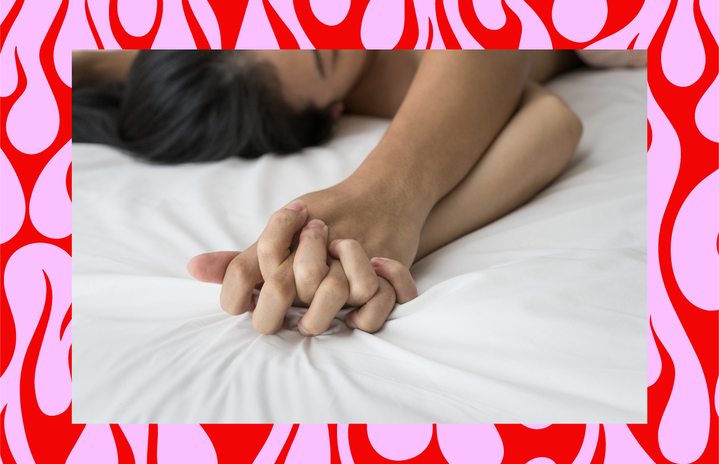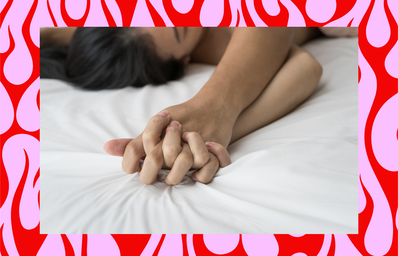I had sex for the first time in college. I’d been on a lot of dates, seen many different people, but circumstances (and a pandemic) prevented me from having that experience until my freshman year.
I am a cisgender, bisexual woman who had sex for the first time with cisgender man.
I went into it with low expectations. My friends had told me horror stories of painful sex and partners who were disinterested in their pleasure. All I could do was hope it wasn’t that bad. Fortunately for me, I ended up with a caring partner and had a first time that exceeded all of my expectations. Even though we’ve broken up since then, I’m happy with the experience I had the first time. But afterwards, I started to reflect on the messages I had internalized about sex throughout my life, and how harmful they are.
I’ve always hated the phrase “lose your virginity”.
The phrase “lose your virginity” implies that sex fundamentally changes you as a person, removing a core aspect of your identity. When I woke up the morning after, I felt like I had gained experience. I felt satisfied. But I still felt like the same old me. When talking about sex, there is a consistent message that it changes you in a profound way. But that simply isn’t true.
Sex can either be seen as a milestone or something to be shrugged off. Our culture’s emphasis on losing one’s virginity is rooted in misogyny. As we strive towards equality, sex remains a heavily gendered topic. We still see the loss of virginity most commonly attributed with penetrative sex. We look at intimacy through the lens of heterosexuality, and the desires of straight men. My female friends who’ve had bad experiences can attest to that. This completely ignores masturbation, oral sex and the way queer people approach intimacy. It’s endlessly frustrating to see our culture’s limited understanding of sex. All it does is harm people, especially younger people with less knowledge.
If we want to start having better sex, we have to let go of the importance we place on virginity. Regardless of how or when we’re intimate, it doesn’t change who we are. Having healthy communication with our partners, an open mind and a deconstruction of heterosexuality and misogyny aren’t easy, but they are worthwhile. I’m lucky. I didn’t grow up in a faith that emphasized purity culture, I have friends who are supportive and open minded, and my first time was with a caring partner. My experience doesn’t have to be the exception to the rule, it can be a healthy expectation.

